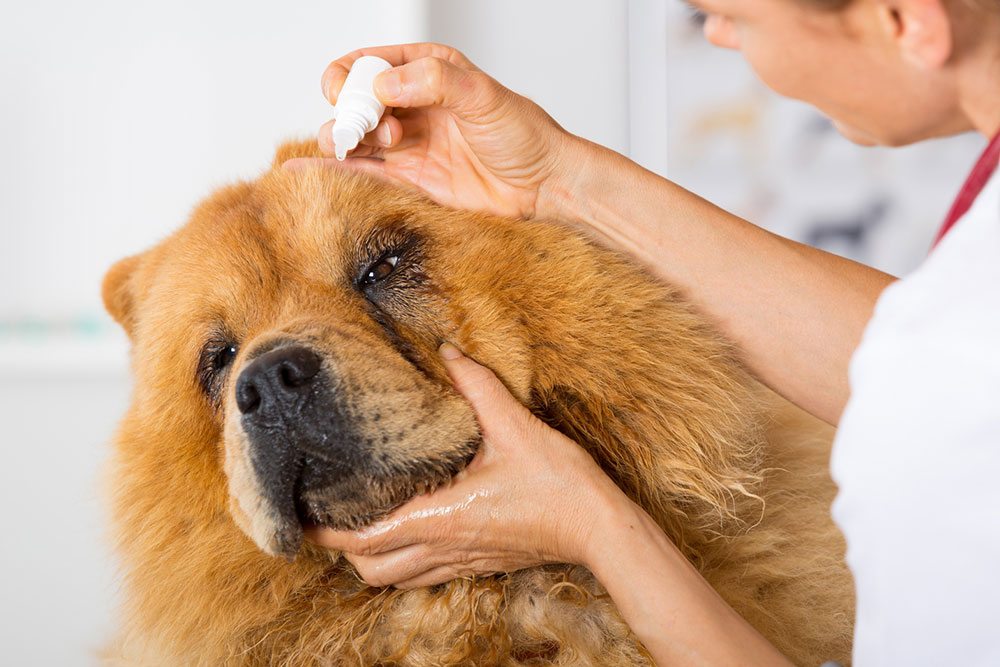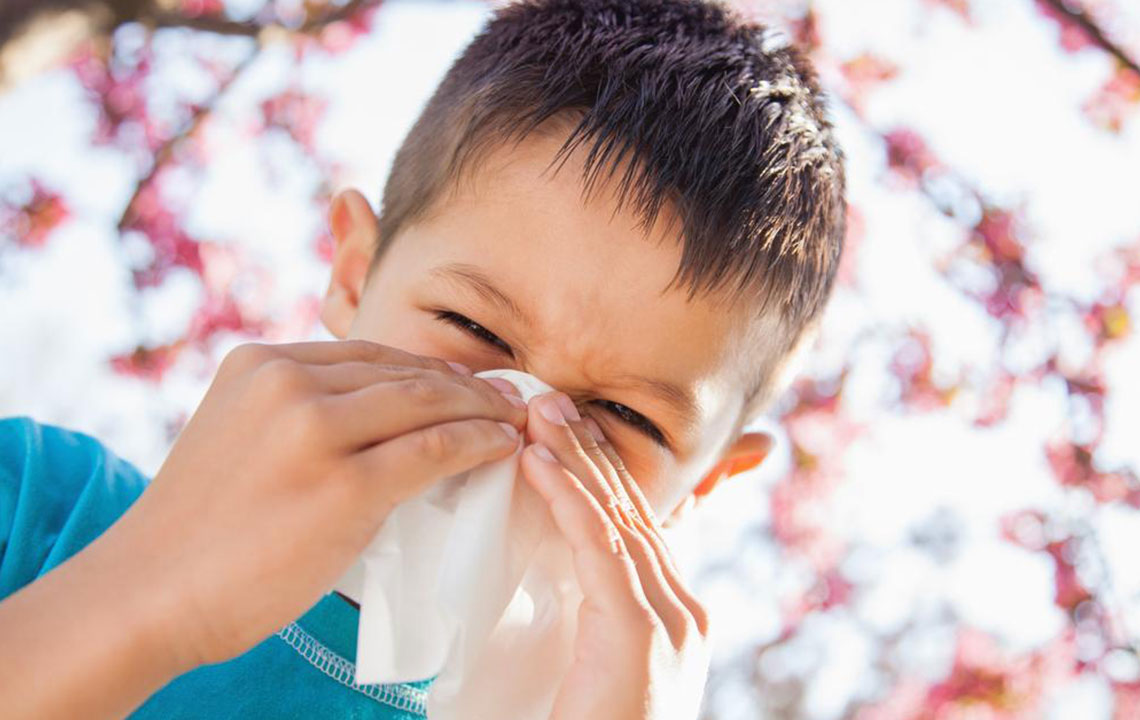Effective Strategies to Manage Your Dog's Allergies
Learn effective methods to manage and treat your dog’s allergies. This guide covers symptoms, home treatments, dietary supplements, grooming tips, and when to see a vet. By understanding different allergy types and prevention techniques, pet owners can improve their dog’s comfort and health. Regular grooming, environmental control, and veterinary consultation are key to alleviating allergy symptoms and ensuring a happier, healthier life for your furry friend.

Effective Strategies to Manage Your Dog's Allergies
If your dog frequently licks the same spot, scratches excessively, or scoots along the floor, it might be a sign of allergies caused by airborne allergens. Just like humans, dogs can experience allergic reactions that affect their health. As pet owners, it’s essential to understand how to alleviate these issues. Here are some practical tips to help manage your dog’s allergies:
There are four main types of allergies in dogs: atopy, flea allergy, food allergy, and contact allergy.
Atopy refers to environmental allergies. For example, a dog may produce excess histamine when exposed to high pollen levels, leading to allergy symptoms. For food, flea, and contact allergies, consulting a veterinarian is recommended. However, atopy can often be managed and treated at home.
After walks, it's important to thoroughly wipe down your dog to remove potential allergens. Regular use of grooming wipes, whether or not your dog goes outside daily, helps reduce allergen buildup.
Supplementing with Omega-3s or biotin can improve coat health and reduce allergy symptoms, especially during high-pollen seasons like spring.
Using gentle or medicated shampoos with minimal chemicals is beneficial. Frequent baths—about once a week—are ideal for maintaining your dog’s health and minimizing allergy flare-ups.
As dogs age, environmental allergies may worsen. In some cases, allergy shots administered by a vet can provide long-term relief.
Susceptible breeds include Retrievers, Terriers, Dalmatians, Bulldogs, Beagles, and Irish Setters.
While avoiding allergens entirely isn’t feasible, consistent grooming and regular veterinary visits are the best ways to manage allergies and ensure your dog’s wellbeing.










